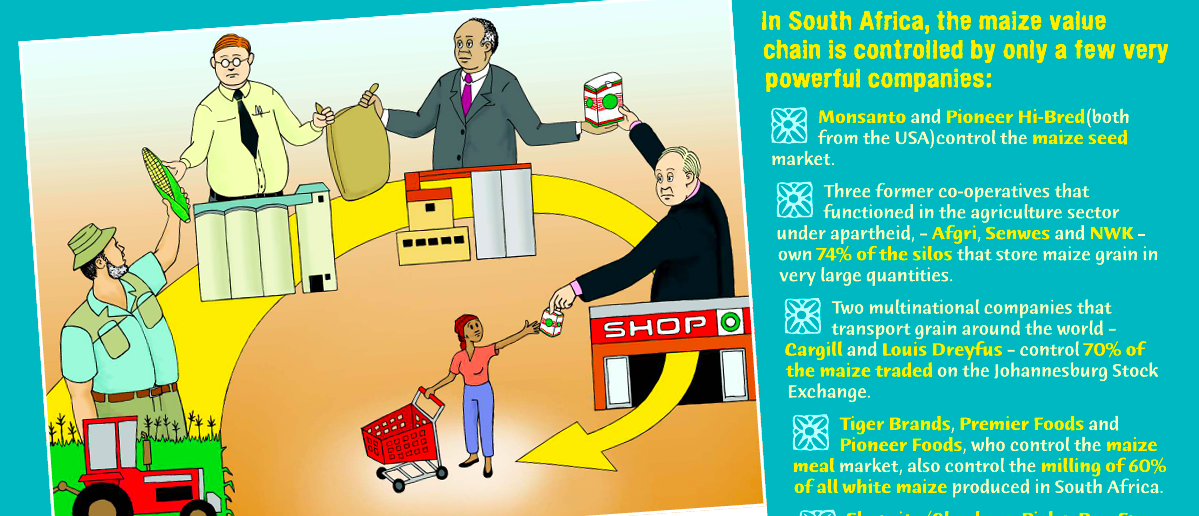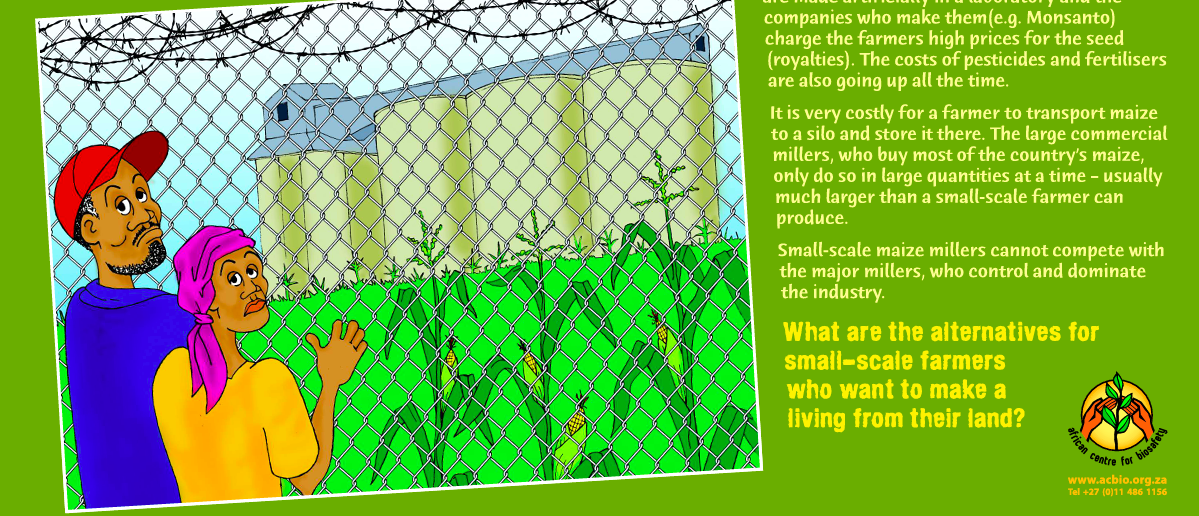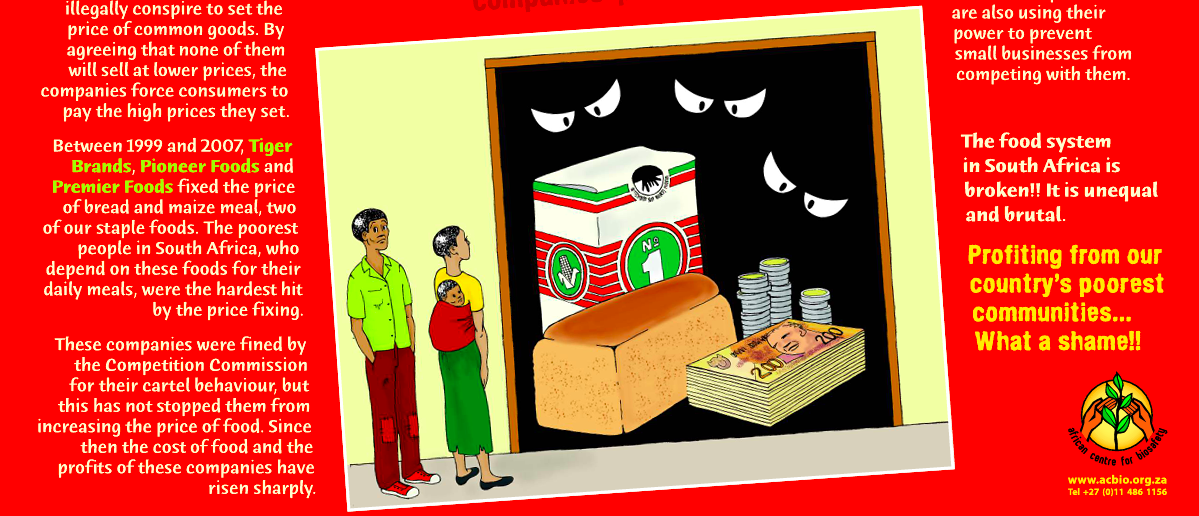Latest Resources

18 May 2017
FISPs Factsheets: The misuse of public funds
Farm input subsidy programmes (FISPs) play a central role in financing and delivering Green Revolution technologies to small-scale farmers in Africa. ACB developed these easy to read factsheets that explain what farm input subsidy programs are and how they operate. The fourth factsheet in the series looks at on the downfalls of the programmes: the […]

18 May 2017
FISPs Factsheets: Why are FISPs failing?
ACB developed these easy to read factsheets that explain what farm input subsidy programs are and how they operate. This third factsheet takes a look at why these programmes are failing to meet their objectives. Chichewa | English | Nyanja | Portuguese | Sesotho | Setswana | Shona | Siswati | Swahili | Xhosa For […]

18 May 2017
FISPs Factsheets: FISPs’ Aims
ACB developed these easy to read factsheets that explain what farm input subsidy programs are and how they operate. The second factsheet in the series looks at the aims of the programme. Chichewa | English | Nyanja | Portuguese | Sesotho | Setswana | Shona | Siswati | Swahili | Xhosa To read the next […]

18 May 2017
FISPs Factsheets: What are FISPs?
Farm input subsidy programmes (FISPs) play a central role in financing and delivering Green Revolution technologies to small-scale farmers in Africa. These programmes are rolled out in numerous African countries-from Ghana to Swaziland. The first in the series gives a better idea of what exactly FISPs are. Chichewa | English | Nyanja | Portuguese | […]

18 May 2017
Farm Input Subsidy Programmes: A factsheet series
Farm input subsidy programmes (FISPs) play a central role in financing and delivering Green Revolution technologies to small-scale farmers in Africa. These programmes are rolled out in numerous African countries-from Ghana to Swaziland. ACB developed these easy to read factsheets that explain what farm input subsidy programs are and how they operate vis-à-vis smallholder farmers, […]

10 May 2017
New to Genetically Modified (GM)? Fact sheets
Grab these short, easy reading factsheets and share it with your friends.

3 December 2014
Who owns our food systems: Who owns our maize?
It is shocking that in South Africa a handful of very powerful cooperations control how and what we eat! Download this factsheet: English | Afrikaans | Sotho | Zulu To read the rest of the fact sheets in this series, click here.

3 December 2014
Who owns our food systems: Small-scale farmers and the maize value chain
Small-scale maize millers cannot compete with the major millers who control and dominate the industry. What are the alternatives for small-scale farmers who want to make a living from their land? Download this factsheet: English | Afrikaans | Sotho | Zulu To read the rest of the fact sheets in this series, click here.

3 December 2014
Who owns our food systems: Fixing the price of food
Between 1999 and 2007, Tiger Brands, Pioneer Foods and Premier Foods fixed the price of bread and maize meal, two of our staple foods. The poorest people in South Africa, who depend on these foods for their daily meals, were the hardest hit by the price fixing. Download this factsheet: English | Afrikaans | Sotho […]

3 December 2014
Who owns our food systems: GM pap — No choice for South Africans
Labelling does not give South Africans true choice; the only maize available on the market is GM. This is food fascism! Download this factsheet: English | Afrikaans | Sotho | Zulu To read the rest of the fact sheets in this series, click here.
